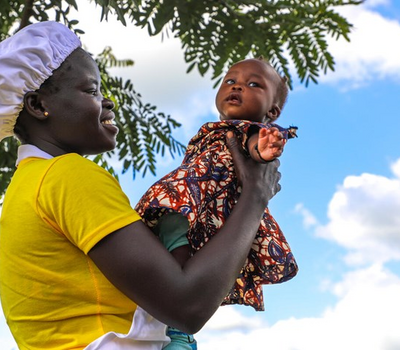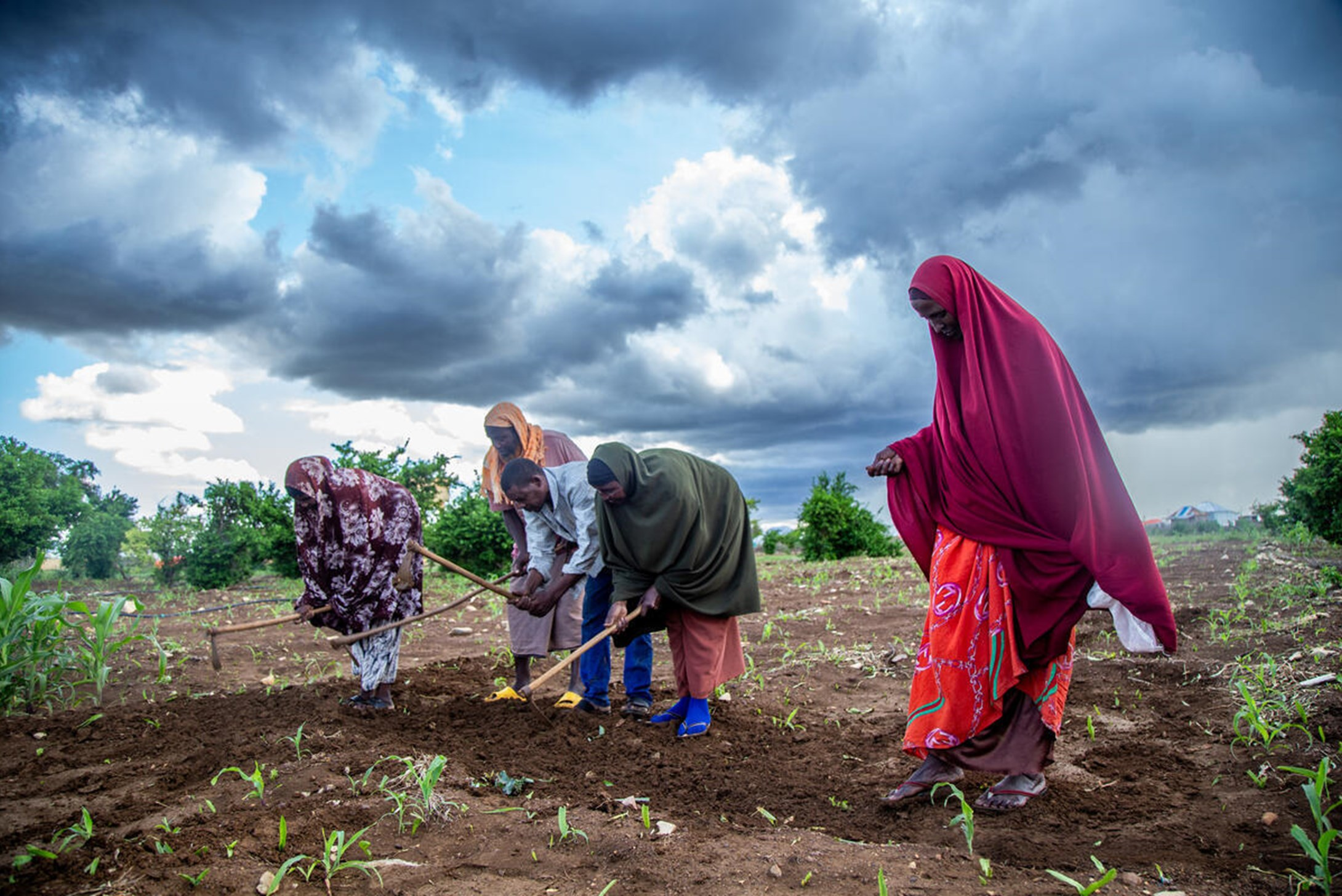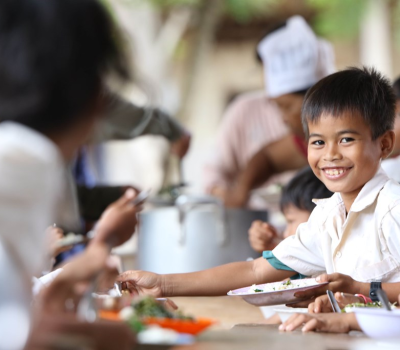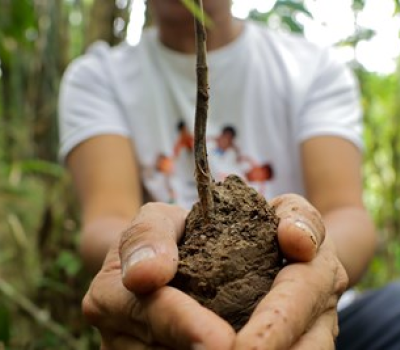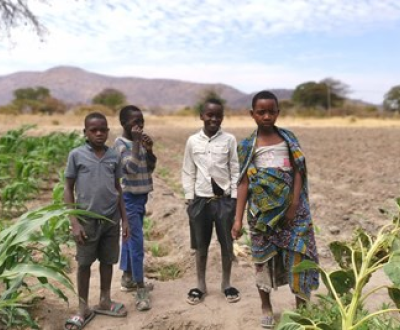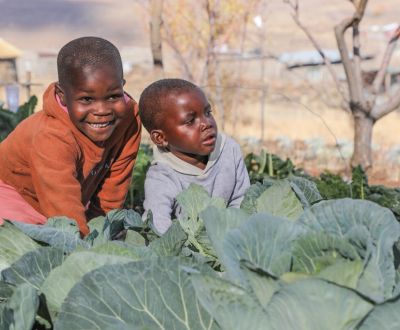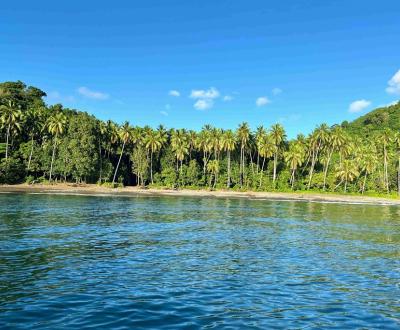From the team
Written by Clodagh McLoughlin - World Vision Ireland's development programmes manager
I had the opportunity to visit three of the five countries in our new Irish Aid funded programme, NOURISH (Nature-Based Opportunities Underpinning Resilient and Sustainable Households). The program began in January 2023 and aims to ensure that vulnerable children are well-nourished in climate-resilient households in Uganda, Tanzania, Mauritania, Solomon Islands, and Vanuatu by 2027.
While I had visited Uganda before, this was my first time in the northern sub-region of Karamoja. Karamoja spans 27,000km and is home to a population of about 1.2 million people and is considered as the least socially and economically developed part of Uganda. Traditionally, Karamoja has been a pastoral area, home to livestock herders. Growing pressures of climate change and conflict insecurity within the region (and with neighbouring countries) have led to increasing poverty and food insecurity for households. Almost half of households in the region are classified as food insecure and there are high levels of malnutrition. Karamoja is particularly impacted by climate change, suffering from recurrent droughts and sporadic floods which have been eroding people's resilience and coping capacities as well as contributing to food insecurity. In June, I met with communities, faith leaders, government officials, and local organizations who all spoke about the impact of climate change and insecurity, and the impact on families' food security and livelihoods. Although Abim District is considered to be in the 'green belt' of Karamoja, at our meeting at the District Office, we heard that 35% of the population are eating one meal a day, or a reduced quantity of meals, or sleeping hungry. Moving from Abim, the relatively green pastures began to fade away, and the impact of the long dry period was evident in Kotido. Here, herders who were often young children followed their livestock roaming for pastures to eat or water to drink, while the remains of crops stood in dry fields. Farmers were preparing land for the rains - hoping that they would come soon and would be enough.
My other visits were a little further afield, to the small developing states of Solomon Islands and Vanuatu located in the South Pacific, and widely ranked as the first and second most at-risk countries for natural disasters in the world. This is due to their vulnerability to rising sea levels and extreme climate events such as cyclones, earthquakes, tsunamis, flash floods, el Nino king tides, etc. While these countries are very different from Uganda, they face similar challenges of being impacted by climate change. Here, I also heard from communities who are experiencing eroding coastlines, changing weather patterns making it difficult to plan or plant crops, increased flooding, and more frequent disasters.
"Beautiful trees that grew along the sea are no longer there."
Gad, from Riri community (Makira - Ulawa, Solomon Islands)
Gardens and plantations are being washed away, as well as beautiful beaches and places people played in as children. Like Karamoja, climate change is having a direct impact on families' food security limiting food available to eat both in terms of quantity and diversity in Solomon Islands and Vanuatu.
Over the next four years, NOURISH will support these communities in becoming more resilient through nutrition-sensitive and climate-smart agriculture approaches like the promotion of drought-resistant seeds, water harvesting, pest management, and inputs which are also nutritious. The programme will also work to increase household income, as well as household and community disaster preparedness and management ensuring families can bounce back from shocks. Finally, NOURISH will work towards the social empowerment of women and girls. While last year was the start-up of the program, we will build on this progress in 2024, and I am looking forward to visiting these communities again and seeing the impact that NOURISH has on their lives.
Find out more about
